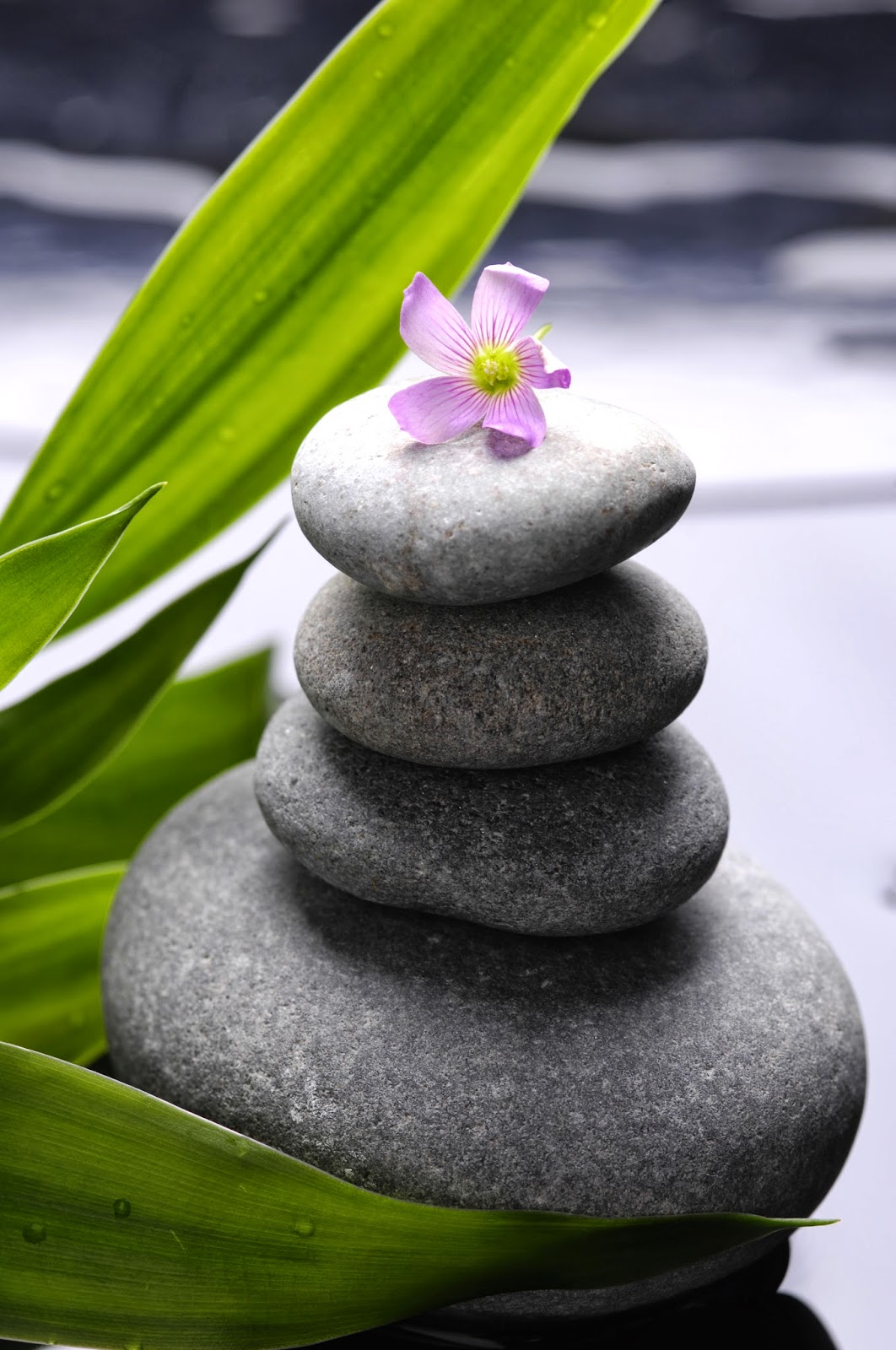In my article, The Joy of Becoming More Playful As An Adult, I discussed how playing can help you to be a more creative person. In this article, I'm focusing on creativity and things you can do to inspire your creativity.
Things You Can Do to Inspire Your Creativity
- Tap Into Your Unconscious Mind Using Stream of Consciousness Writing: In her book, The Artist's Way, Julia Cameron writes about doing stream of consciousness writing when you wake up in the morning. She calls it the Morning Pages. This process also goes by other names, including free associative writing. With any type of free associative writing you're allowing yourself to just write down whatever comes to mind. You're not editing it or assessing it. You're just allowing your thoughts to flow. This will eventually tap into your unconscious mind so you can access your creativity.
- Welcome Boredom: People usually try to avoid being bored by filling up their time with all kinds of activity, including spending time scrolling through social media. But instead of trying to avoid boredom, embrace it. People often get their best ideas when they're bored (see my article: How Boredom Can Lead to Greater Creativity).
- Use Your Dreams: Dreams can be a great source of creativity. You can give yourself a suggestion just before going to sleep that you want creative ideas for a project you're working on. This is called dream incubation (see my articles: Dream Incubation - Planting Seeds, Embodied Imagination and Dreamwork and Working With Dreams to Develop Your Creative Imagination).
 |
| Use Your Dream to Develop Your Creativity |
- Develop Your Intuition: There are lots of ways to develop your intuition. Many people use vivid picture cards, like Tarot cards that appeal to them or cards called Inner Active cards to stimulate their intuition which also enhances creativity (see my article: Tapping into Your Creative and Intuitive Power).
- Spend Time in Nature: Even just a few minutes of walking in nature can help you to relax and open up to new ideas.
- Get Physical: Exercising helps to increase blood flow and oxygen to the brain. It also helps to get you out of a linear mode of thinking so you can tap into your creativity.
- Keep a List of Ideas: Whenever you hear an interesting or intriguing idea, write it down. When you get into the habit of keeping a list of ideas, you give your mind the signal that you're open to new ideas so they can begin to flow.
- Watch an Inspiring TED Talk: TED talk speakers are usually inspiring and can motivate you to open yourself to new ideas.
- Do Something New: Try something new--whether it's going to a new place, learning about a new culture, learning a new language, taking an acting class, telling your five minute story at a storytelling show, like The Moth, or whatever seems fun and inspiring to you (see my article: The Power of Storytelling and Being Open to New Experiences).
- Look at Your World With New Eyes: Instead of seeing your surroundings in the way you always see them, look at your world with new eyes. This could mean you walk around your neighborhood and look for things you never noticed before--a decoration on a building, a flower in your neighbor's garden you've never noticed before, an unusual looking tree, a bird's nest and so on (see my article: Seeing Small Wonders All Around Us If We Just Take the Time to Notice).
- Practice Mindfulness Meditation: Research studies have revealed many benefits to doing mindfulness meditation, including developing a more flexible way of thinking. When you can think more flexibly, you can be more creative (see my article: The Mind-Body Connection: Mindfulness Meditation).
Conclusion
There are many ways to tap into your creativity. It's a matter of finding what works for you.
Sometimes people feel creatively blocked and they need to find ways to reclaim their creativity).
Getting Help in Therapy
If you're unable to get out of a creative rut on your own, you can seek help in therapy from a therapist who does Experiential Therapy, which uses the mind-body connection to help clients to get creatively unblocked.
Working with a skilled experiential therapist can help you overcome blocks that are hindering your progress (see my article: Overcoming Creative Blocks).
About Me
I am a licensed New York City psychotherapist, hypnotherapist, EMDR, AEDP, EFT, Somatic Experiencing and Sex Therapist.
I am a sex positive therapist who works with individual adults and couples.
To find out more about me, visit my website: Josephine Ferraro, LCSW - NYC Psychotherapist.
To set up a consultation, call me at (917) 742-2624 during business hours or email me.







.jpg)











.jpg)












